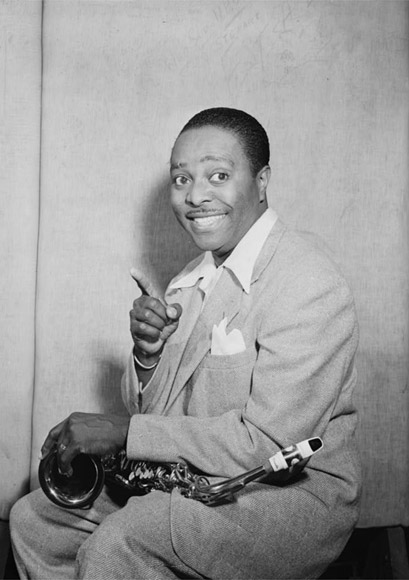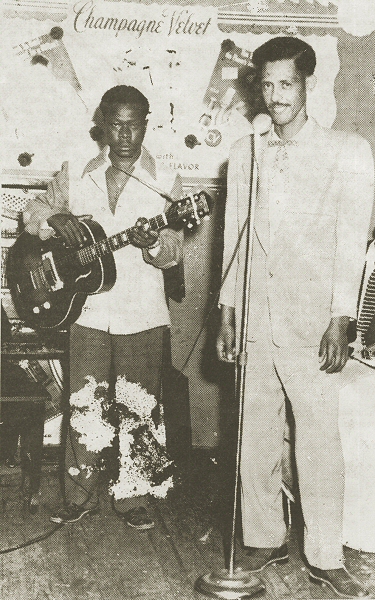
“I’m a loser baby, so why don’t you kill me?”
Beck Hansen (born Bek David Campbell, July 8, 1970) , singer-songwriter and multi-instrumentalist, is known by the stage name Beck.
The four-time platinum artist rose to underground popularity with his early works, which combined social criticism with musical and lyrical experimentation. He first earned wider public attention for his breakthrough single “Loser”, a 1994 hit. Beck is known for creating musical collages of a wide range of styles.
Loser (official video):
Beck’s 1996 album Odelay was awarded Album of the Year by the American magazine Rolling Stone and by UK publications NME and Mojo. Odelay also received a Grammy nomination for Album of the Year. Both Odelay and Sea Change appeared on Rolling Stone’s list of the 500 Greatest Albums of All Time.
Beck – Live at Union Chapel, 2003 (Full Show):
Setlist:
00:48 – The Golden Age
05:01 – It’s All In Your Mind
08:30 – Guess I’m Doing Fine
14:22 – Lonesome Tears
19:00 – Nicotine & Gravy
24:34 – Lost Cause
28:18 – Ship In A Bottle
32:54 – Fourteen Rivers, Fourteen Floods
36:48 – Loser
44:03 – Nobody’s Fault But My Own
48:53 – Lord Only Knows
My top 20 Beck songs (Spotify):
Allmusic (Stephen Thomas Erlewine):
Initially pegged as something as a voice of a generation when “Loser” turned into a smash crossover success, Beck did wind up crystallizing much of the post-modern ruckus of the ‘90s alternative explosion, but in unexpected ways. Based in the underground anti-folk and noise-rock worlds, Beck encompassed all manners of modern music, drawing in hip-hop, blues, trash-rock, pop, soul, lounge music…pretty much any found sound or vinyl dug up from a dusty crate, blurring boundaries and encapsulating how ‘90s hipsters looked toward the future by foraging through the past.
He is now finishing some new material and hopefully we’ll see a new album soon.
Louis Thomas Jordan (July 8, 1908 – February 4, 1975) was a pioneering American jazz, blues and rhythm & blues musician,songwriter and bandleader who enjoyed his greatest popularity from the late 1930s to the early 1950s. Known as “The King of the Jukebox“, Jordan was highly popular with both black and white audiences in the later years of the swing era. In 2004, Rolling Stone Magazine ranked him #59 on their list of the 100 Greatest Artists of All Time.
Jordan was one of the most successful African-American musicians of the 20th century, ranking fifth in the list of the all-time most successful black recording artists according to Billboard magazine’s chart methodology.
Influence on popular music
- Louis Jordan is described by the Rock and Roll Hall of Fame as “the Father of Rhythm & Blues” and “the Grandfather of Rock ‘n’ Roll.”
- He is one of a number of seminal black performers who are often credited with inventing rock and roll, or at least providing many of the building blocks for the music
- Jordan was the greatest post-war exponent of the jump blues style, one of the prototypes of rock and roll
- Jordan also strongly influenced Bill Haley & His Comets, whose producer, Milt Gabler, had also worked with Jordan and attempted to incorporate Jordan’s stylings into Haley’s music
- Among Jordan’s biggest fans were Little Richard and Chuck Berry. Berry clearly modeled his musical approach on Jordan’s, changing the text from black life to teenage life, and substituting cars and girls for Jordan’s primary motifs of food, drink, money and girls.
- Jordan’s guitarist, Carl Hogan, was a particularly direct influence on Berry’s guitar style, as can be heard on the 1946 hit “Ain’t That Just Like A Woman”; Hogan’s opening single-note solo on the song was lifted essentially note-for-note by Berry on his iconic opening riff on “Johnny B. Goode”
- James Brown has also specifically cited Jordan as a major influence because of his multi-faceted talent. In the 1992 documentary Lenny Henry Hunts The Funk Brown said that Jordan had influenced him “… in every way. He could sing, he could dance, he could play, he could act. He could do it all.”
Buzz Me Baby:
Andy Fletcher (born 8 July 1961, Nottingham, England), known as “Fletch”, is a co-founder and member of the English synth band Depeche Mode.
Willie Nix (August 6, 1922 — July 8, 1991) was an American Chicago blues singer and drummer, active in Memphis, Tennessee,United States, in the 1940s and 1950s.
– Hallgeir
Sources: Wikipedia, Allmusic, Stereogum, Rolling Stone Magazine




